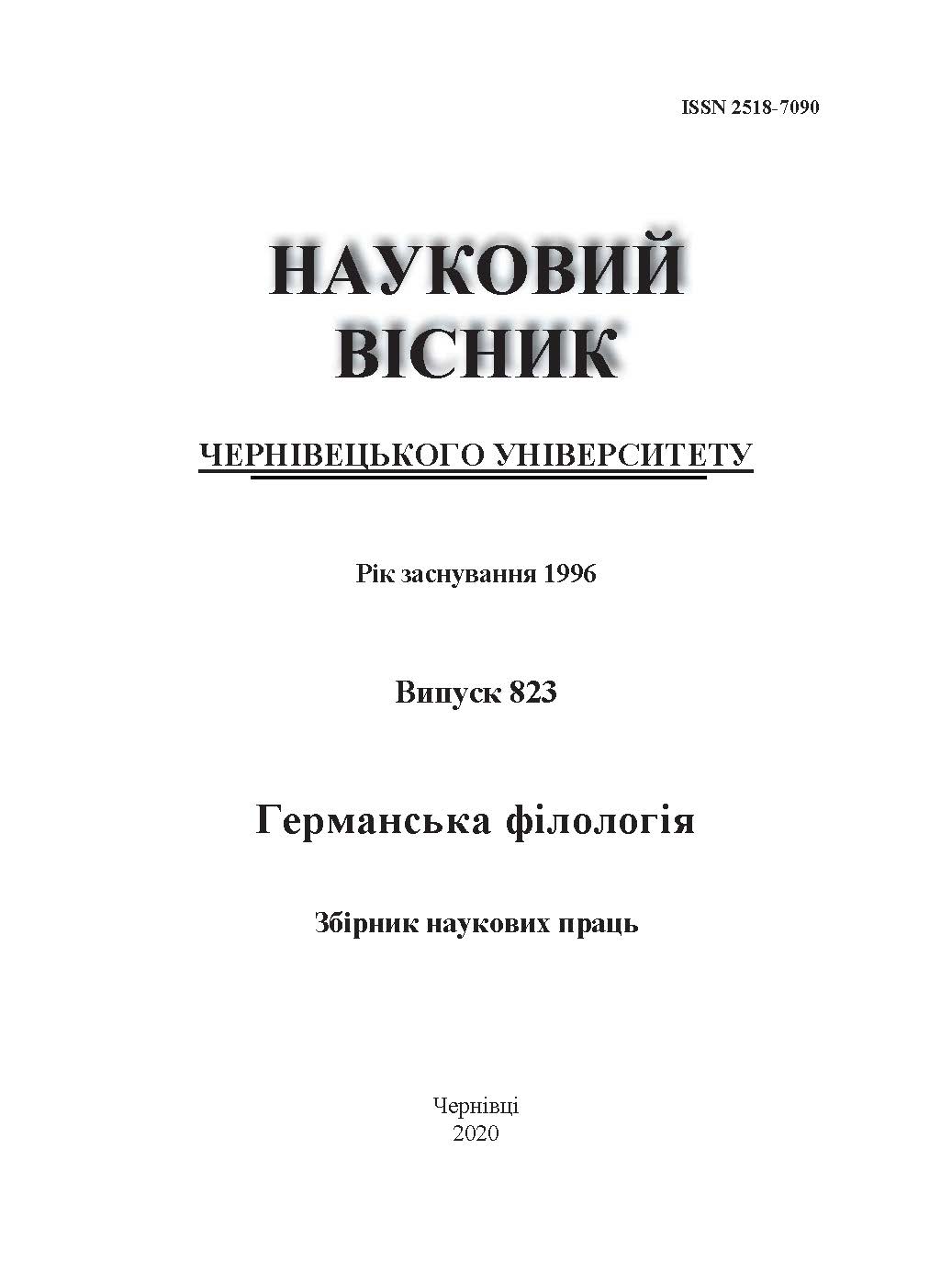AUTONOMOUS LEARNING AND METACOGNITIVE STRATEGIES WITHIN ESP DISCOURSE
DOI:
https://doi.org/10.31861/gph2020.823.44-48Abstract
This article is aimed at regarding autonomous learning in terms of teachers’ tasks, corresponding methods and effective ways of its fostering within ESP discourse taking into account metacognitive strategies concerning cognitive factors and characteristics associated with autonomous learning such as resourcefulness, initiative, and persistence being crucial for tertiary education students. Recent publications dwell on some specific aspects related to the issue under consideration: the findings of the research related to teachers’ and students’ perception of autonomous learning definition; general recommendations beneficial for autonomous learning such as clear performance standards set from the very start; appropriate feedback provided to students by informing them about the skills they have acquired and/or still need to improve.
One of the most important principles of learners’ autonomy is the shift of attention from teaching to learning focusing on the student. Effective teaching strategies fostering autonomy include: creating productive learning climate correlated with emotional intelligence; establishing positive student relationships taking into account social-emotional development; providing students with appropriate choices increasing them in regular and online learning activities; encouraging comprehensive thinking. Autonomous learning regarded within ESP discourse turns out to be rather beneficial for tertiary education students.
For autonomous learning within ESP discourse educators should create courses providing students’ opportunities for academic skills training; foster students’ initiative; develop the students’ ability to solve the problems; assess students’ learning capabilities progress; choose and apply appropriate methods for the students to increase self-monitoring tendencies aimed at investing their time with the focus on the long term value activities.






